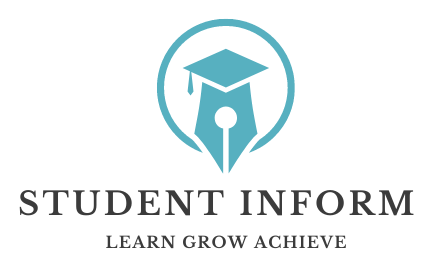Studying effectively is an art, and it’s especially crucial for college students navigating the challenges of higher education. Here are ten practical study tips to optimize your learning experience and achieve academic success.
1. Create a Study Schedule: Consistency is key. Develop a study routine by allocating specific time slots for each subject. Consistency not only helps you stay organized but also reinforces learning through regular reinforcement. Avoid cramming sessions, which hinder long-term retention. Instead, aim for shorter, frequent study periods to maximize knowledge absorption.
2. Find Your Optimal Environment: Discover the study environment that suits you best. Some prefer the tranquility of a library, while others thrive in a cozy coffee shop ambiance. Experiment with different settings to identify the one that boosts your focus and productivity. Consider factors like noise levels, lighting, and comfort to create the ideal study atmosphere.
3. Utilize Active Learning Techniques: Passive reading is often ineffective. Engage with the material actively through techniques like note-taking, summarizing, and teaching concepts to others. These approaches enhance comprehension and memory retention. Create flashcards, draw diagrams, or explain topics aloud to reinforce understanding. Active learning involves actively interacting with the material, making it more memorable.
4. Break Down Complex Topics: Simplify complex subjects by breaking them into manageable chunks. Tackle one aspect at a time, ensuring thorough understanding before moving on. This method prevents overwhelm and fosters a deeper grasp of the material. Utilize resources like textbooks, online tutorials, and study groups to clarify challenging concepts.
5. Implement the Pomodoro Technique: This popular time management method involves studying in focused bursts. Set a timer for 25 minutes and dedicate yourself entirely to the task. Then, take a short break before resuming. This approach enhances concentration and prevents burnout. During breaks, stretch, relax, or engage in a quick, refreshing activity to recharge for the next study session.
6. Prioritize Self-Care: Maintaining physical and mental well-being is essential for optimal academic performance. Incorporate regular exercise, healthy eating, and sufficient sleep into your routine. Take study breaks to recharge and prevent fatigue. A well-rested and energized mind is better equipped to absorb and retain information.

